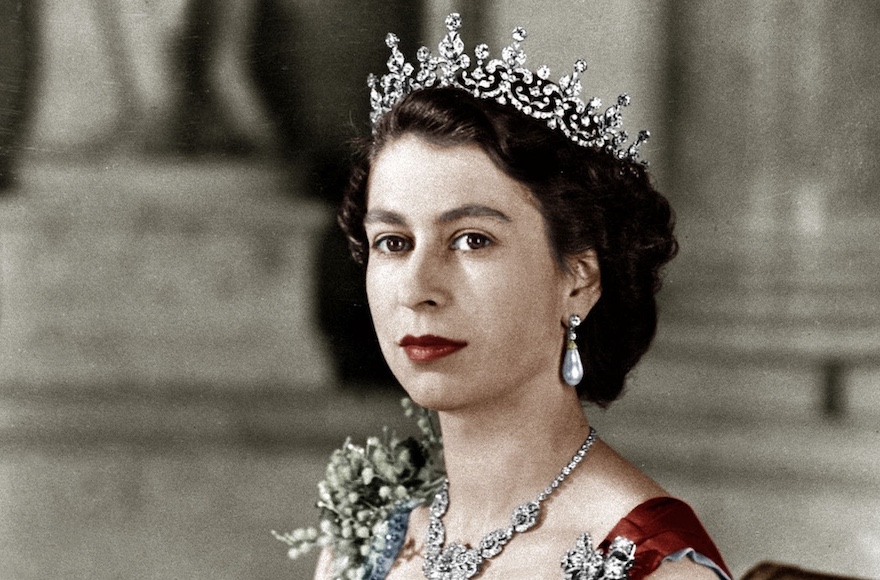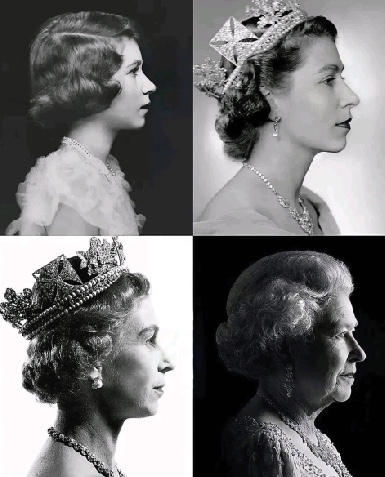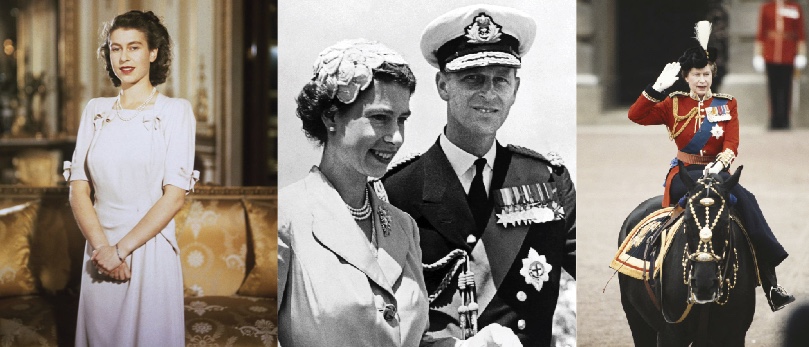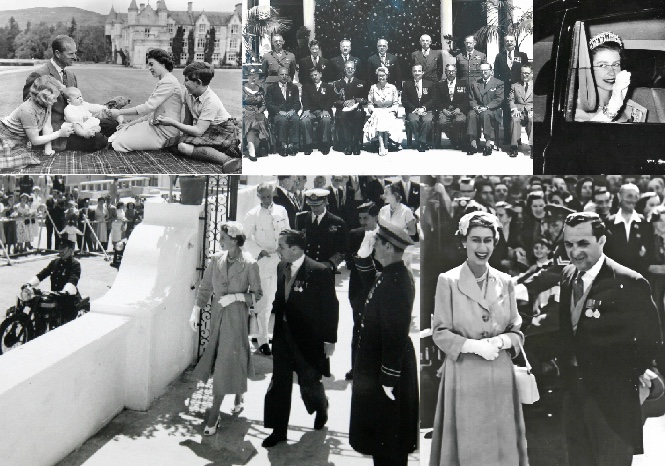The death of a figure as well-known as the Queen might not have the same impact as losing a loved one, but it’s not unusual to mourn their loss. Though we all knew the Queen’s death may be coming – it is still natural to feel shocked by the death of someone who’s been a constant presence throughout our lives.
We almost certainly do not consider what effect the death of a public figure will have on us, until it happens. However, it can be devastating. We may even go through the five stages of grief (denial, anger, bargaining, depression and acceptance).
The nation derived a sense of stability and security from the Queen’s very existence. Particularly in her later years, she had become the nation’s grandmother, for some the grandmother they had never had.
As a result, the primary feeling people will have is a sense of disorientation.
Now that the Queen has died, there is another dimension to the loss which we also saw when Diana died, which is a sense of guilt, that ‘maybe I shouldn’t have such strong emotions about the death of someone I have never met’. However, this is to underestimate the importance of the Queen in our national psyche.
Her Majesty’s passing was a moment Great Britain, the Commonwealth and the wider public knew would come, but long feared. For over 70 years, she ruled with dignity, grace and humour, through jubilant celebrations and devastating lows.
It’s fitting then that mourners took to the streets at Buckingham Palace, the former official residence and office of the Queen, to pay their respects to the longest reigning British monarch. Much like in 1997, when mourners of the late Princess Diana filled Pall Mall and the space in front of the Palace’s gates with flora, today the pavements surrounding Buckingham Palace are gradually resembling a colourful garden – each flower representing the hope, love, respect and sorrow of people from across the world.
It is impossible to simply see the passing of the Queen as that of a private individual. It is not possible really to experience her death in those terms. It can only be experienced by the majority of us in terms of the larger associations and memories we have about her role in our lives.
Captain Sir Tom Moore is a poignant example. His passing was for many the passing of that era, the world war generation, and the Queen is also part of that and that generation is almost gone.
Also, with the pandemic, all of us that have older relatives have been confronted with their mortality and the fact that we will lose them one day. This might be hitting us harder than we would have expected because we have been living through a particularly turbulent time. Any death may remind us of our personal losses but, there have been so many in the last couple of years.
With the death of our beloved Queen, we may feel we have permission to grieve all of our losses more openly, and as a community. This can be incredibly healing. If you are feeling sad about the loss of The Queen it is important to not judge yourself or assume that yours is somehow the wrong kind of grief.
Many people have important relationships to the Queen, which have nothing to do with having a personal relationship with her. So what can you do to feel better if you feel you’ve been hit surprisingly hard by what’s happened?
This will be the topic of public and private conversations but being able to allow yourself to process your sadness is uncomfortable but healthy.
It is important to find a way to grieve that works for you on a personal level.
What did this person mean to you, and what did they represent? For Diana, it became the Candle In The Wind song by Elton John.
Maybe there is a song, an event, a memory that is cherished by you? Can you remember that and take time to share it in a way that, for you, honours the person?
People queuing to see the Queen’s body have told stories to reporters about how this moment of reflection opened up emotional space for them to release buried feelings about losses in their own lives. Rather than thinking of the current display of public passions as “hysteria” or “contagion”, perhaps we should think of it as a moment in which people pose the crucial questions: What opportunities are available to me for relating to this situation on my own terms? What might be involved in acting upon these feelings that I am barely registering at the moment?
Individuals feelings are going to be put to a tough test as the gap between incomes and the cost of living widens, the insecurities of European war disrupt their lives, and the health services they have always depended upon bear unprecedented strains. Amid such turmoil, risk and impermanence, the search for reliable constants is perfectly understandable.
The Queen’s sudden loss can trigger feelings of a lack of control, anxiety and fear of the unknown. Remember that grief takes time, grief is often a period of adjustment and as a collective we will be adjusting to a new monarchy moving forward.
We need to acknowledge and allow ourselves feelings of uncertainty.
It can help to share our grief with others, talk with a friend, family member or therapist about how this grief is making you feel.
Loss of any kind can provide a different perspective on life and lead us to revaluate what’s important to us. Allow for a time of reflection.
It is vital to show yourself kindness. Feeling anxious about change and loss is also part of the normal grief response and eventually it will pass. Reach out for support and assurance whenever you need it.












